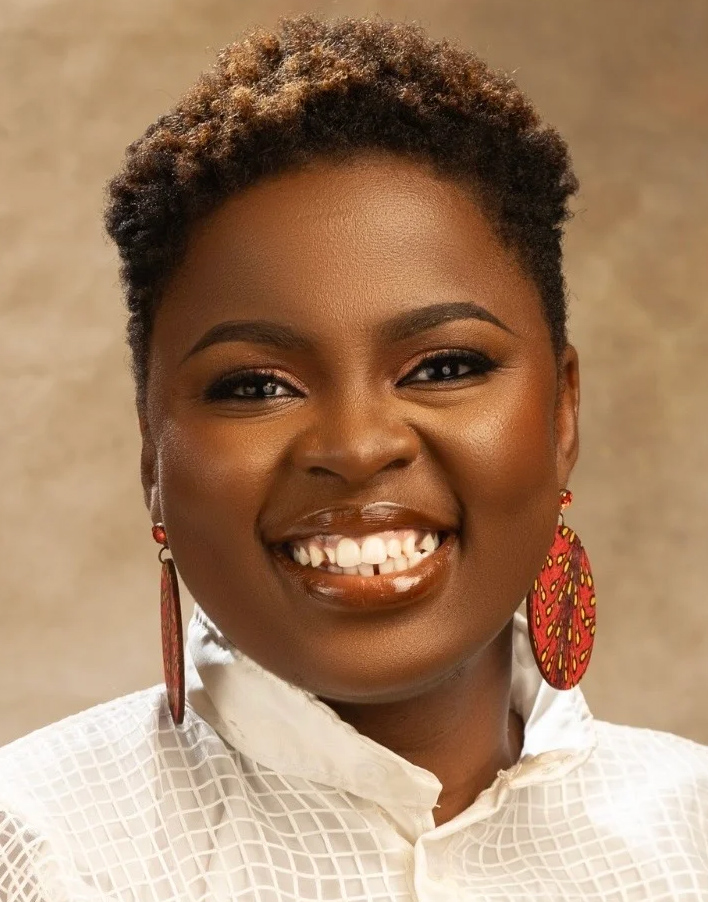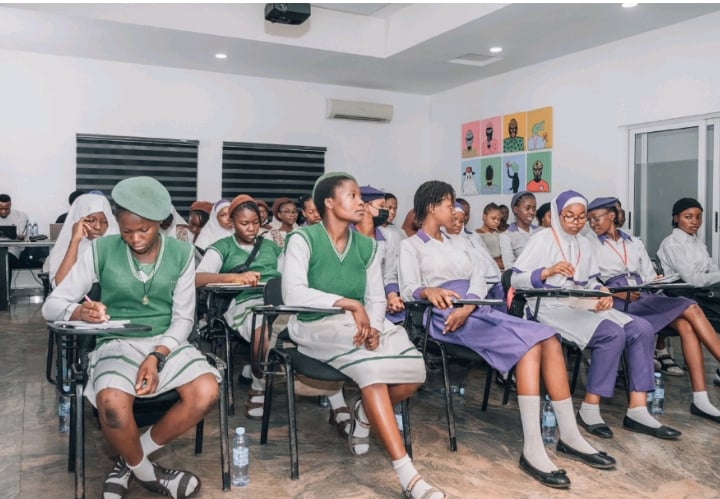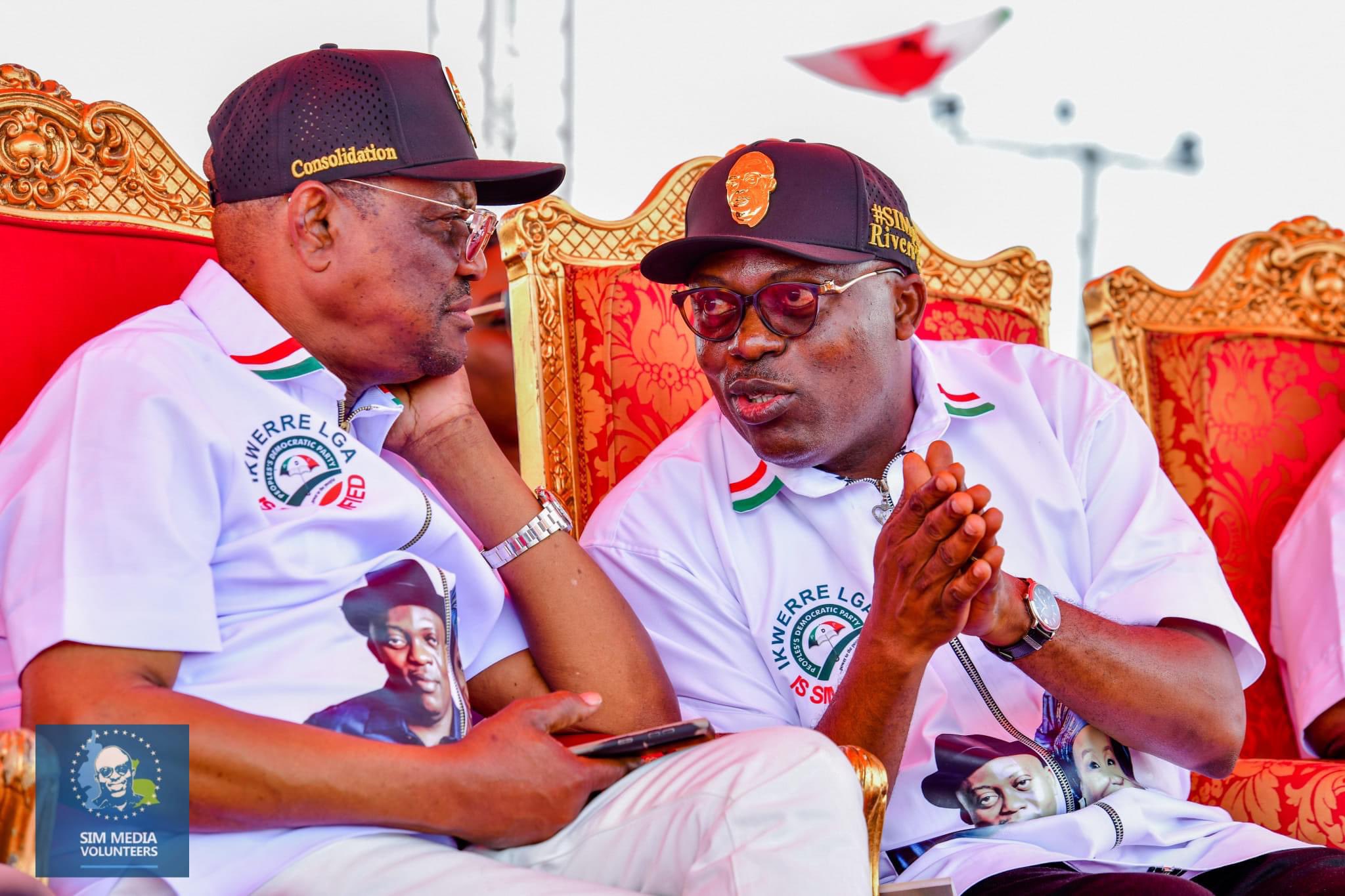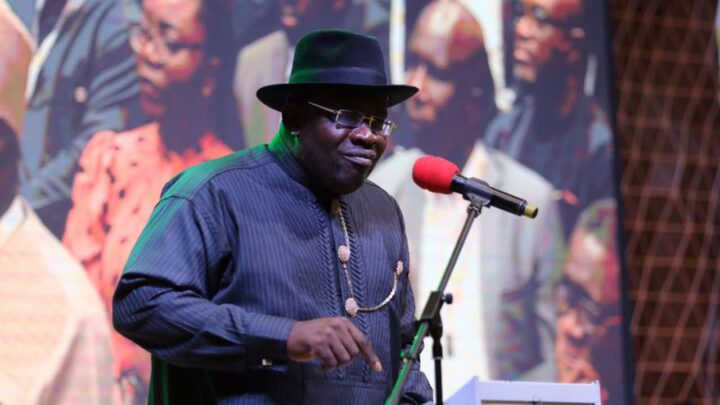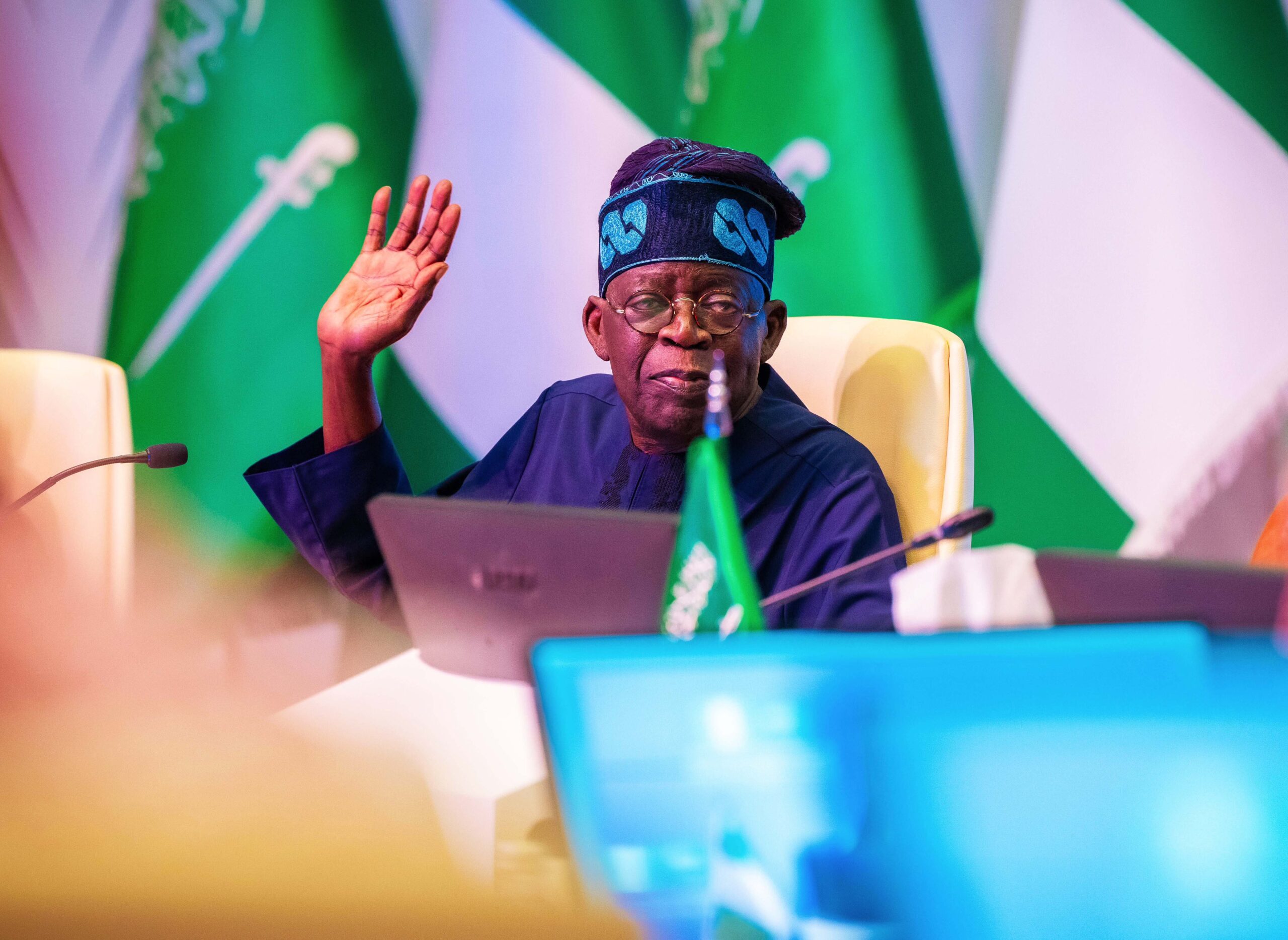IWD: NGO empower schoolgirls with digital skills in tech
Experience is the best teacher.
Are you familiar with that statement? I bet you are. You probably have said it yourself a couple of times. You are not alone. A quick look at Google trends shows a marked increase in the search for this phrase in the last 2 decades. More interesting is that Nigeria had the 3rd highest frequency of the phrase search on Google. The heart of the phrase simply advocates that people experiencing things themselves is a better way to learn than any other way. Of course, there have been arguments against this idea with critics saying you do not need to learn everything by experience.
Why have I brought this up in an article that is focused on Nigerian education?
I have noticed that, in Nigeria, the import of this phrase has been mostly limited to the social context of it. The phrase is a favorite go-to when someone wants to advise someone else on their life decisions, but is kept off when we talk about the Nigerian classroom. Most people will agree with the phrase when it applies to a social context of people’s decisions. Even when you find critics of the phrase who don’t agree that experience is the best teacher because they believe you shouldn’t wait to experience every situation before you learn about them, you usually find that they agree that experience is at least a great teacher. So why haven’t we allowed this great teacher called “experience” to gain her rightful place within our classrooms? Why are our classrooms mostly focused on facts, figures, and formulas?
Advertisement
As a Ph.D. student in STEM education, I usually have to write papers as part of my class requirements. A remarkable part of doing that is seeing how my experiences have become valuable resources for my papers. Many of my papers have drawn extensively from my experiences both as a student and a teacher. In fact, there was a paper whose entire work described how my experiences within education have shaped my interest in studying education.
I recall reading a research article in my first year that was centered entirely on the researcher’s Ph.D. experiences, exploring the emotions and challenges she faced with the work she did. I was truly blown away at how she was able to use her experience to explain some of the academic theories within the field. It was a classic example of how experience was truly a great teacher. It was solid research!
It is not just me or the researcher above who have seen the power of centering experiences within academic endeavors. And no, this is not just applicable to the social sciences only. Some of the bright academic minds whose ideas have advanced scientific knowledge have done this too. Isaac Newton’s work on gravity was inspired by his observation of an apple falling from a tree in his childhood home, Woolsthorpe Manor. That experience got him curious about why apple trees fall straight down and not upwards or sideways. An apple falling sideways may sound weird to you now because you know about gravity. But at that time, it was not common knowledge and Newton’s simple experience with that tree led him on a scientific quest that led to the uncovering of the force of gravity.
Advertisement
Experience is an important teacher. And we need to give it its rightful place in our classrooms. Education should not just be about telling learners what they should know. Like I always like to say: Teaching is NOT telling. We need to give the experiences of students a place in their learning. I am not against trying to get students to know the facts and figures, but there are things students have learned about how the world works from their lived experiences that can serve as valuable resources to help them make sense of the facts and figures. That is what I am advocating we give space for. A classroom should be a place for intellectual engagement, where students can process what they have learned from experience in light of what has been established in various academic fields. One result of having education focus on just telling students what they need to know is having students find it difficult to see the connection between their school learnings and their life experiences. You see students learn calculus and struggle to find how it makes meaning in their lives, whereas the people who uncovered the calculus formula based it on their own lived experiences.
When students struggle to connect their experiences with their school learnings, it makes it difficult to use those learnings to be able to advance human experiences going forward. If education will truly sharpen the ability of the Nigerian student to create solutions to pressing problems in their environment, then their experiences with their environment must be given some space in their learning in the first place. Experience is a valid form of knowledge, and it is time to give it its rightful place in the classroom.
Oluwatoyin is a Doctoral Researcher in STEM Education, Social Entrepreneur and Policy Consultant. She writes from Boston, United States and Lagos, Nigeria. She can be reached at [email protected] or on LinkedIn here.
Advertisement
Views expressed by contributors are strictly personal and not of TheCable.
Add a comment
